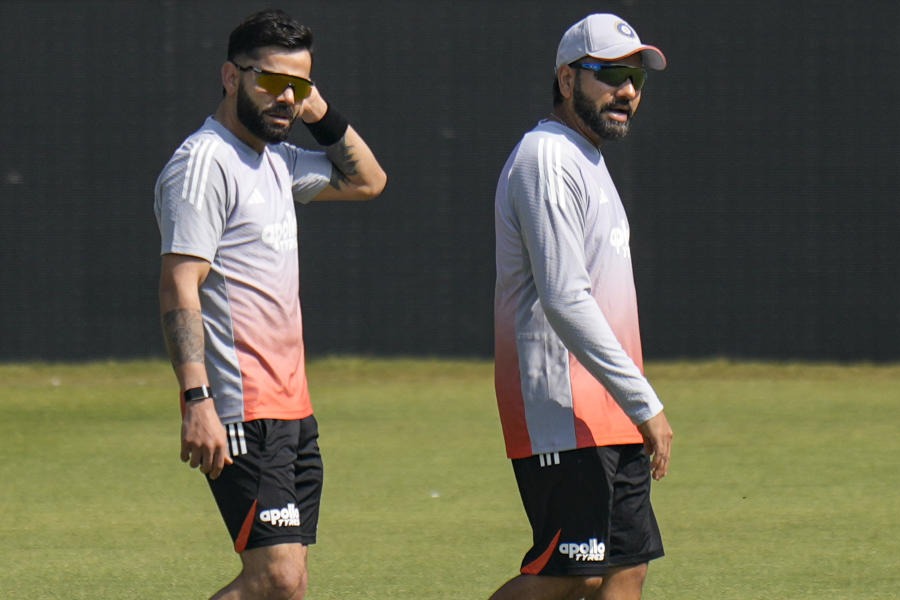
Q I am a Class XI student and have taken Physics, Chemistry and Maths - with Statistics as my additional subject - for Plus Two. I love to learn new skills and would prefer an offbeat career rather than one in the corporate sector. Other than engineering, what careers can I opt for after the higher secondary exams and what scope do those fields have?
Mouli Mukherjee
Calcutta
It is not the degree you pursue but what you eventually do with it that will determine whether you will have a conventional or an unconventional career path. If you have a taste for the creative and unconventional, you must hone your ability to do research, be creative, express your opinions and be comfortable with the choices you make.
Engineering is perceived to be a conventional career because of the conventional choices most engineers make. However, you always have the choice to be brave and unconventional. Very often people will choose conventional career paths because such paths follow a set structure and the person does not have to think for himself.
Several branches of engineering can lead you to offbeat careers. Energy and environmental engineering can be the key to the exciting world of alternative energy, clean technology and sustainable development. Printing technology too can lead to an interesting career - 3D printing will soon help us make human parts, among other things.
Rapidly evolving technology is changing the way we live - wearable chips will revolutionise how we communicate and virtual reality will determine how we consume media. An engineering degree can lead to a career in these cutting-edge fields too. Engineers these days are building humanoids, biosensors and even ceramic hearts. And their collaborations with designers or even doctors, will change the world as we know it.
You could consider doing a course in printing technology, dairy technology, paint technology or food technology. All of them are application based and can take you into interesting domains.
The other option is to pursue a Bachelor's in Maths or Statistics. I would encourage you to study maths-related subjects such that you develop solid problem-solving skills and can apply them across different domains.

Internship is best
Q I am a science student in Class XI. I dream of becoming a wildlife photographer and working for the Discovery channel. How should I go about it?
Dipanjan Pal
It is wonderful that you have a passion for photography but only that will not help you turn it into your profession. My suggestion is that you try and intern with a professional photographer who is into wildlife or sports or even dance photography. Working under a professional will really help you get a sense of the profession, the employment prospects and, most importantly, the additional skills you require to succeed as a photographer. If will probably be wise to start as a jack-of-all-trades photographer and gradually specialise in a specific field such as wildlife. You could also consider doing a Bachelor's in Photography.










